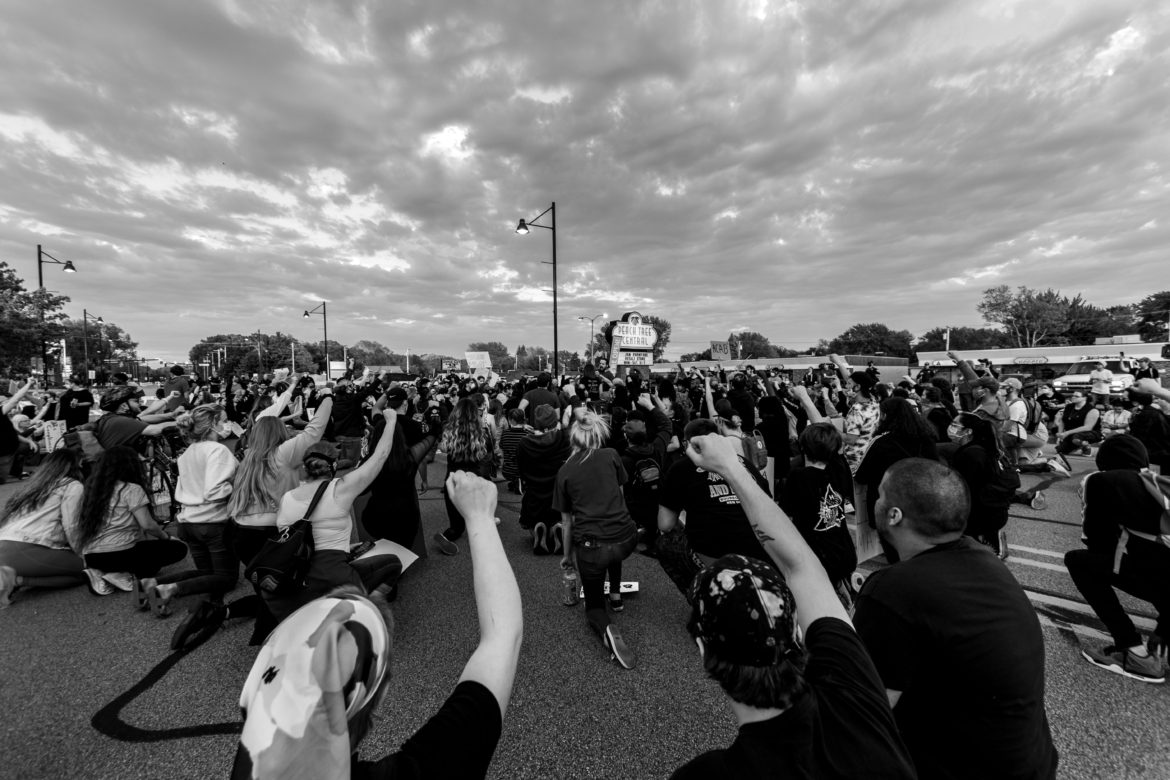Over the last two months, many Canadian truckers have taken to the streets to protest against vaccine mandates and pandemic restrictions. The convoy of truckers drove from British Columbia with the end goal of reaching Ottawa, the nation’s capital. The catalyst for such action was the new federal mandate declaring that truckers must be vaccinated in order to cross into the United States, even if the crossing was not for recreational purposes.
While the original intent of the convoy was to protest these regulations, it quickly devolved into a complete anti-government protest, with far-right individuals and white supremacists joining in. Their tactics, markedly their strategy involving blocking traffic, have caused great economic turmoil due to the stoppage in essential trucker activities. This is clearly seen in their blockage of the Ambassador Bridge, an economic passage that typically sees more than $300 million worth of goods being transported a day. Moreover, these protestors were often seen with Confederate and Swastika flags, affirming the presence of white supremacists within the convoys.
There were also multiple reports of people being harassed and targeted by hate crimes from members of the convoys. There was almost no police or governmental interference for the first eleven days of the protests. Prime Minister Trudeau initially dismissed the convoy, citing them as a fringe group and having no real impact. However, it was growing to become quite clear that they were having a very real negative impact on surrounding communities. Jim Watson, the mayor of Ottawa, declared a state of emergency on February 6th, with Trudeau following this measure by declaring a national public order emergency, allowing law enforcement to finally take action against the protesters.
However, it has been widely voiced that the delayed responses from federal and local governments may have reflected an inherent bias toward white protesters. Many comparisons have been made between the treatment of truckers versus indigenous protesters on social media. A central argument being made is that indigenous individuals, who are typically fighting for their land and access to clean water, experience a disproportionate amount of police brutality when protesting. They do not receive the liberty of being able to protest peacefully for eleven days without police interference. Furthermore, it is crucial to point out that indigenous protests face such brutality despite being overwhelmingly peaceful — a contrast to the violent and highly disruptive nature of the trucker protests. These discrepancies clearly demonstrate the racial bias that Canadian authorities have against indigenous peoples.
This bias tangibly comes through in cases of appeal for indigenous human rights, curiously even when their appeals often serve in ways that would benefit all citizens of Canada — markedly with protests regarding oil and water pipelines. The legislation fought against, such as the Coastal GasLink Pipeline that crosses hundreds of kilometers of unceded sacred Indigenous lands, currently renders negative effects on the climate, and also hinders treaty rights.
Generally, indigenous protesters systemically face quicker and harsher retributions than the truckers, regardless of the fact that their protests are legitimate and worthy. Another example can be seen in the treatment of protestors organizing for Black and Indigenous lives in November 2020. Within three days of this event, twelve people were arrested and the protests were quickly shut down. The pattern repeats with many peaceful protests among Indigenous and Black peoples in Canada. It is thus undoubtedly due to the institutionalized and systemic racism present in Canadian society leading the issue to emerge as a problem that must be recognized and subsequently solved.
Edited by Misbah Lalani
I am a third-year student at McGill University pursuing a Bachelor of Arts in Political Science with a double minor in Islamic Studies and International Development. My passion lies in the intersection of religion, culture, and politics- specifically concerning women, South Asia, and Islam.

